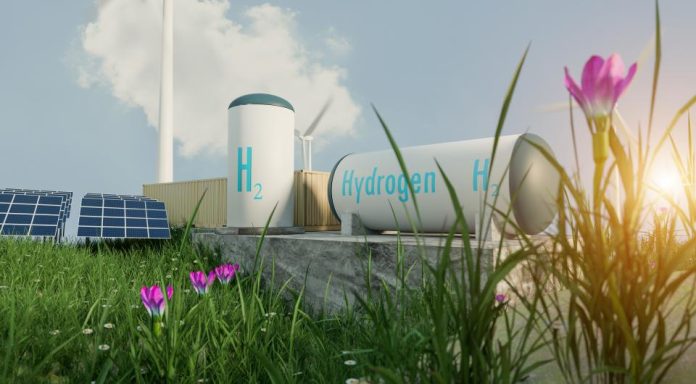On September 1, the EU-Angola Sustainable Investment Facilitation Agreement (SIFA) entered into force. SIFA is the first-ever EU agreement on investment facilitation, aiming to stimulate foreign investments necessary for achieving sustainable development goals. The agreement will create a more transparent, efficient, and predictable business environment for investors in Angola and promote sustainable investment by EU businesses in Angola.
Angola is the EU’s 5th largest investment destination in Africa, covering 8% of EU foreign direct investments, totalling €21.7 billion in 2022. Angola, in turn, invested €2.9 billion in the EU in 2022. The EU serves as Angola’s primary trade and investment partner. Negotiations on the Sustainable Investment Facilitation Agreement (SIFA) between the EU and Angola were concluded on November 18 2022, and the parties signed the agreement on November 17 2023, in Luanda, Angola.
“I am delighted that this innovative, first-of-its-kind agreement with Angola has now entered into force. The Sustainable Investment Facilitation Agreement will create a modern and more sustainable investment environment in Angola, promoting economic growth for both partners. It will help diversify the Angolan economy and support responsible investment practices, strengthening the partnership between the European Union and Angola,” said Valdis Dombrovskis, Executive Vice-President and Commissioner for Trade.
The SIFA aims to improve the business environment by increasing investment regulation transparency and promoting stakeholder involvement. It supports environmental and climate commitments and respect for labour rights. These improvements will help unlock investment in green energy, agri-food value chains, digital innovation, and fisheries, contributing to Angola’s economic diversification. The SIFA is part of the EU’s effort to deepen engagement with Africa and complements the Africa-EU Global Gateway Investment Package.

